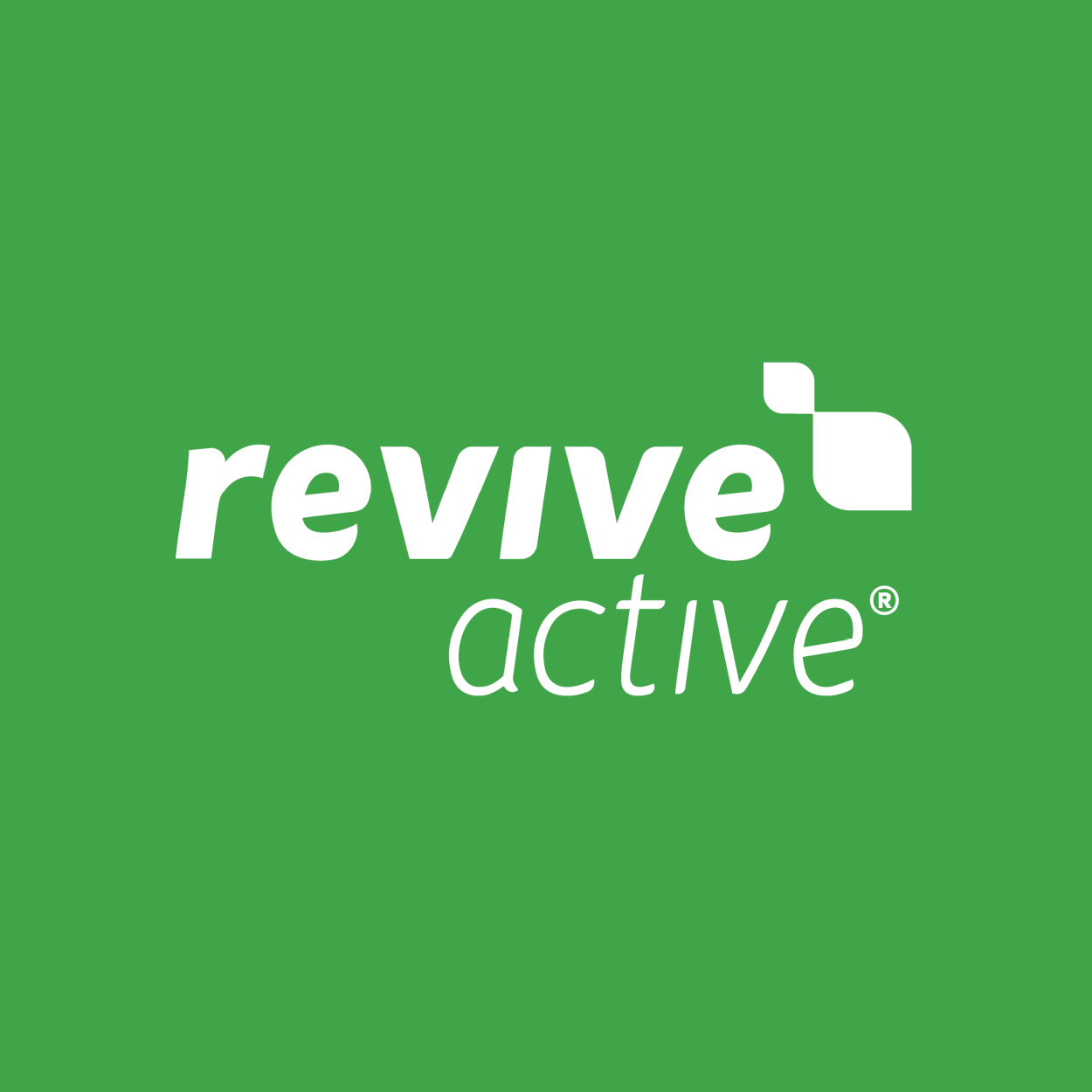

Revive Active

1.6
County Galway, Ireland
August 2025
Food products
Manufacturing
Czech Republic,
Denmark,
Ireland,
Portugal,
Spain,
United Arab Emirates,
United Kingdom
Revive Active was founded in 2011 by Daithi O’Connor with a bold vision: to enrich lives through scientifically formulated supplements that deliver benefits. At a time when the market was crowded with low-dose, tablet based multivitamins, Daithi saw an opportunity to do things differently. He set out not just to create another supplement, but to redefine wellness. This vision gave rise to a new category: Super Supplements. High quality powdered formulations, easily mixed with water, delivering the right ingredients at meaningful doses. Potent, bioavailable, convenient, and great tasting, each product is designed to help people truly feel the difference. From day one, our mission has been clear: simplify wellness, amplify results, and support better living. With our own dedicated manufacturing facility in Ireland, Revive Active maintains full control of the production process, enabling us to uphold high standards of quality, environmental responsibility, and sustainability. Our belief in the power of one product to change lives is matched by our commitment to doing business in a way that helps protect and shape the future of those lives, through sustainable practices, ethical operations, and a deep-rooted sense of purpose.
Overall B Impact Score
Governance 15.7
Governance evaluates a company's overall mission, engagement around its social/environmental impact, ethics, and transparency. This section also evaluates the ability of a company to protect their mission and formally consider stakeholders in decision making through their corporate structure (e.g. benefit corporation) or corporate governing documents.
What is this? A company with an Impact Business Model is intentionally designed to create a specific positive outcome for one of its stakeholders - such as workers, community, environment, or customers.
Workers 27.3
Workers evaluates a company’s contributions to its employees’ financial security, health & safety, wellness, career development, and engagement & satisfaction. In addition, this section recognizes business models designed to benefit workers, such as companies that are at least 40% owned by non-executive employees and those that have workforce development programs to support individuals with barriers to employment.
Community 19.0
Community evaluates a company’s engagement with and impact on the communities in which it operates, hires from, and sources from. Topics include diversity, equity & inclusion, economic impact, civic engagement, charitable giving, and supply chain management. In addition, this section recognizes business models that are designed to address specific community-oriented problems, such as poverty alleviation through fair trade sourcing or distribution via microenterprises, producer cooperative models, locally focused economic development, and formal charitable giving commitments.
Environment 20.6
Environment evaluates a company’s overall environmental management practices as well as its impact on the air, climate, water, land, and biodiversity. This includes the direct impact of a company’s operations and, when applicable its supply chain and distribution channels. This section also recognizes companies with environmentally innovative production processes and those that sell products or services that have a positive environmental impact. Some examples might include products and services that create renewable energy, reduce consumption or waste, conserve land or wildlife, provide less toxic alternatives to the market, or educate people about environmental problems.
Customers 3.3
Customers evaluates a company’s stewardship of its customers through the quality of its products and services, ethical marketing, data privacy and security, and feedback channels. In addition, this section recognizes products or services that are designed to address a particular social problem for or through its customers, such as health or educational products, arts & media products, serving underserved customers/clients, and services that improve the social impact of other businesses or organizations.